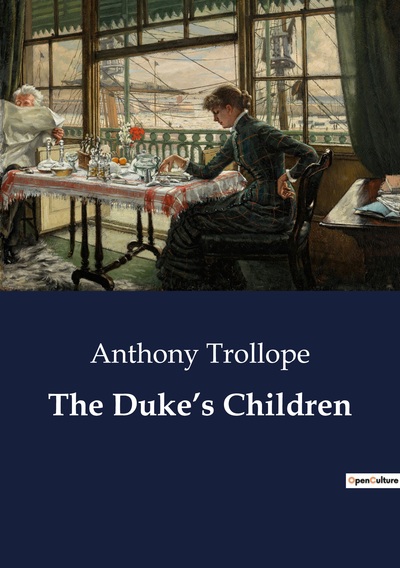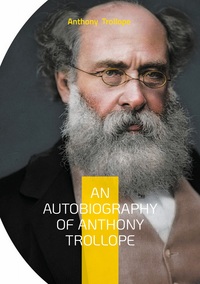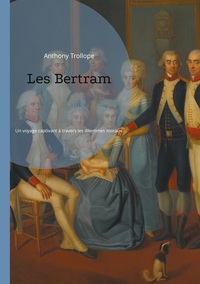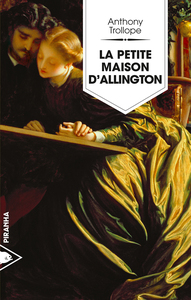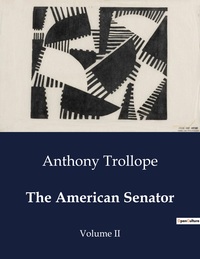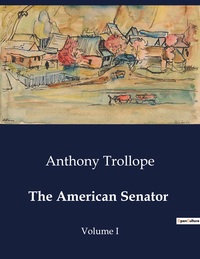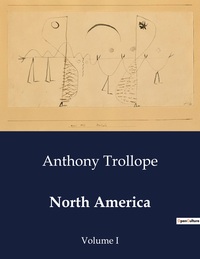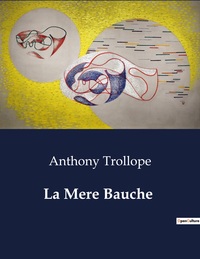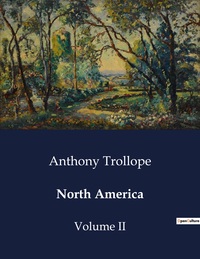Nous utilisons des cookies pour améliorer votre expérience. Pour nous conformer à la nouvelle directive sur la vie privée, nous devons demander votre consentement à l’utilisation de ces cookies. En savoir plus.
The Duke's Children
EAN : 9791041804849
Édition papier
EAN : 9791041804849
Paru le : 13 juil. 2023
27,95 €
26,49 €
Disponible
Pour connaître votre prix et commander, identifiez-vous
Notre engagement qualité
-
 Livraison gratuite
Livraison gratuite
en France sans minimum
de commande -
 Manquants maintenus
Manquants maintenus
en commande
automatiquement -
 Un interlocuteur
Un interlocuteur
unique pour toutes
vos commandes -
 Toutes les licences
Toutes les licences
numériques du marché
au tarif éditeur -
 Assistance téléphonique
Assistance téléphonique
personalisée sur le
numérique -
 Service client
Service client
Du Lundi au vendredi
de 9h à 18h
- EAN13 : 9791041804849
- Réf. éditeur : 292541
- Date Parution : 13 juil. 2023
- Disponibilite : Disponible
- Barème de remise : NS
- Nombre de pages : 790
- Format : H:210 mm L:148 mm E:42 mm
- Poids : 1.002kg
- Résumé : Almost since the first appearance of Plantagenet Palliser in the novels of Anthony Trollope, he has been accompanied by his effervescent wife, Lady Glencora. As the final installment of the Palliser series begins, she has been cruelly taken from him by a fatal illness, just at the moment when their three children are making their way in the world—and finding marriage partners of their own. But the younger generation does not seem to share the Duke's values. The loves of both his eldest son and his only daughter in particular trouble him deeply, bringing into conflict his intellectual commitments and his emotional attachments. As with Phineas Finn, there are three notable female characters to add to Trollope's roster of impressive women: Lady Mabel Grex, the American Isabel Boncassen, and the youngest of the Duke's children, Lady Mary. The last in particular serves as a foil to the disappointments of Lady Laura Standish seen in the previous novels, and explores again the might-have-beens of choices gone awry. In other ways, too, The Duke's Children gathers up themes from earlier Palliser novels: forgiveness, constancy, the maturing of youth, the constraints of nature, the disruptions of chance. Importantly, too, it displays complexities of political commitments from the vantage point of a younger generation coming of age. All this seems to have been deliberate. The manuscript for the novel shows Trollope made cuts—very rare in his corpus—of about 65,000 words at the request of the publisher. These often develop more explicitly the back-references to the earlier novels. As the series concludes, Trollope finally gives vent to his own bitter experience of parliamentary elections: "Parliamentary canvassing is not a pleasant occupation. Perhaps nothing more disagreeable, more squalid, more revolting to the senses, more opposed to personal dignity, can be conceived." This account is often to taken to arise out of Trollope's own experience of campaigning in Beverly where he stood as a Liberal candidate in east Yorkshire. Despite Trollope's disgust at the process, and disappointment at the outcome, The Duke's Children ends with the Duke of Omnium returning to office, and an optimistic outlook for the political careers of the next generation.
- Biographie : Anthony Trollope, né le 24 avril 1815 à Londres, est l'un des romanciers britanniques les plus célèbres et prolifiques de l'époque victorienne. Fils d'un avocat et d'une écrivaine, il a grandi dans un environnement intellectuel qui a nourri sa passion pour la littérature. Trollope a commencé sa carrière en travaillant pour la Royal Mail, ce qui lui a permis de voyager à travers le Royaume-Uni et d'observer la société britannique sous divers angles. Il est surtout connu pour ses séries de romans, notamment "Les Chroniques du Barsetshire" et les "Palliser Novels", qui explorent les thèmes politiques, sociaux et sentimentaux de son temps. Son style se caractérise par un réalisme psychologique et une critique sociale incisive. Malgré une baisse de popularité à la fin de sa vie, Trollope a regagné l'estime des critiques au XXe siècle. Il est décédé le 6 décembre 1882, laissant un héritage littéraire qui continue d'influencer et d'inspirer les lecteurs du monde entier.

